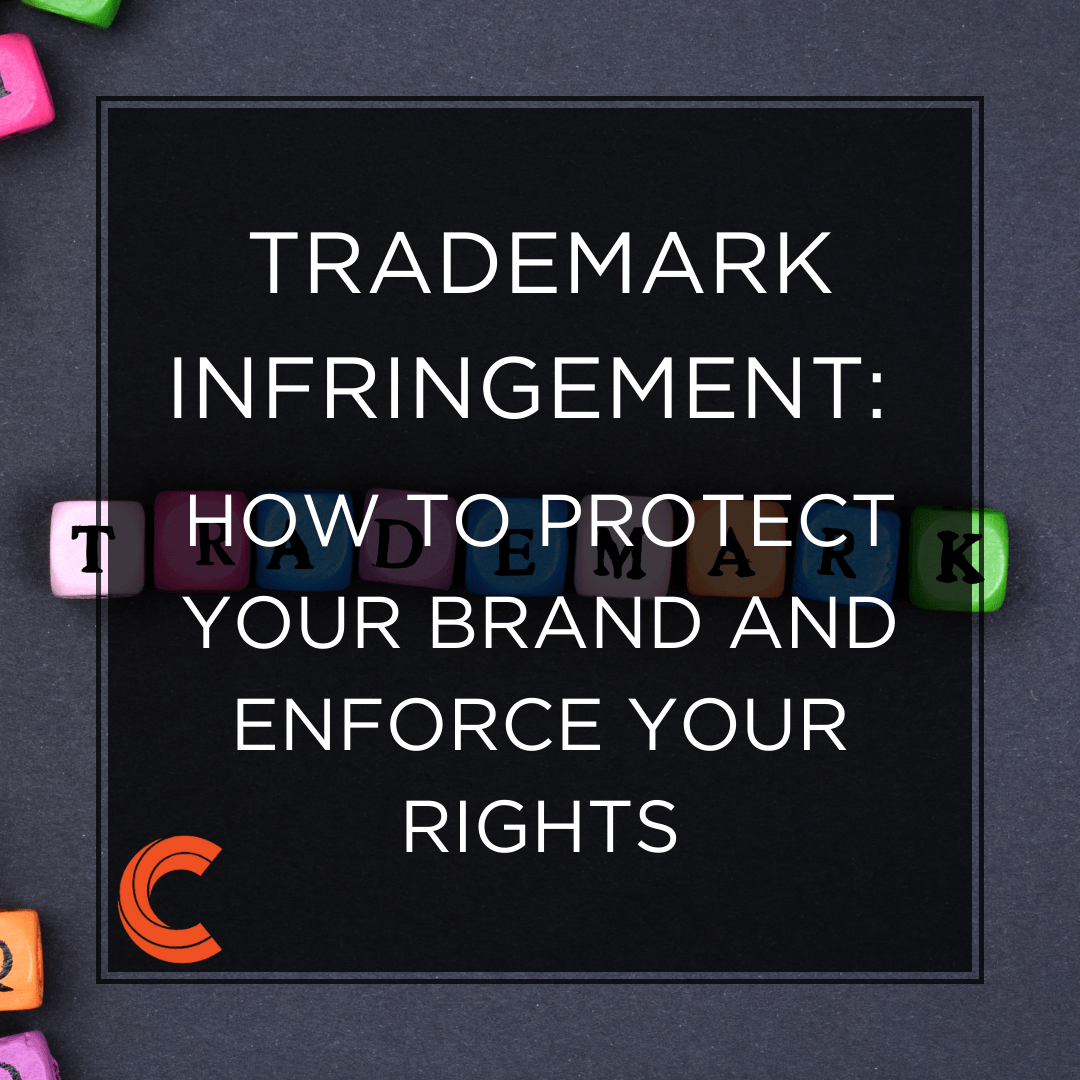Your trademark is a valuable asset. It identifies your brand and distinguishes your products or services from competitors in the marketplace. A strong trademark fosters brand recognition, builds trust with customers, and protects your intellectual property. However, your trademark rights can be violated by infringement.
What is Trademark Infringement?
Trademark infringement occurs when someone uses a trademark that is confusingly similar to yours in a way that is likely to cause consumer confusion about the origin or source of goods or services. This can include:
- Using a similar logo or brand name: Even slight variations can be considered infringement if they create confusion.
- Selling counterfeit products: Fake products with your trademark.
- Using your trademark in marketing materials: Misusing your trademark to promote another company’s goods or services can be infringing.
The Consequences of Trademark Infringement
Trademark infringement can have significant consequences for both the infringer and the trademark owner. Here’s how it can impact you:
- Lost sales and brand damage: Consumers misled by infringement might purchase the wrong product, damaging your reputation.
- Legal costs: Enforcing your trademark rights through litigation can be expensive.
- Loss of market share: Infringers may gain an unfair advantage by using your brand recognition.
Protecting Your Trademark from Infringement
Several steps can be taken to protect your trademark and deter infringement:
- Register your trademark: Registering your trademark with the United States Patent and Trademark Office (USPTO) strengthens your legal rights.
- Conduct trademark searches: Regular monitoring helps identify potential infringers before they cause significant harm.
- Use your trademark consistently: Consistent use strengthens your trademark rights and reinforces brand recognition.
- Enforce your trademark rights: Take action against infringers to deter future violations.
Enforcing Your Rights in Case of Infringement
If you discover trademark infringement, several options are available:
- Send a cease-and-desist letter: This formal letter demands the infringer stop using your trademark.
- Negotiate a settlement: Reaching an agreement can be a quicker and less expensive solution.
- File a lawsuit: If necessary, you can file a lawsuit in federal court to stop the infringement and seek damages.
Seeking Legal Expertise
Trademark law is complex, and navigating legal issues can be challenging. When dealing with trademark infringement, consider seeking assistance from a lawyer specializing in intellectual property law. Lawyers like those at Carbon Law Group can help you with:
- Assessing potential trademark infringement: They can analyze the situation and advise you on the likelihood of a successful claim.
- Developing a trademark enforcement strategy: They can guide you through the best course of action to address the infringement.
- Sending cease-and-desist letters: Lawyers can draft strong legal letters demanding the infringer cease their activities.
- Negotiating settlements: They can help you negotiate favorable terms to resolve the issue effectively.
- Litigating trademark infringement cases: If necessary, they can represent you in court to enforce your legal rights.
Conclusion
Trademark infringement is a serious threat to any brand. By understanding what constitutes infringement, taking proactive steps to protect your trademark, and seeking legal guidance when needed, you can safeguard your brand and take action against infringers to uphold your intellectual property rights. Remember, consulting with an experienced intellectual property lawyer at Carbon Law Group can be invaluable in protecting your trademark and ensuring your brand thrives in the marketplace.





